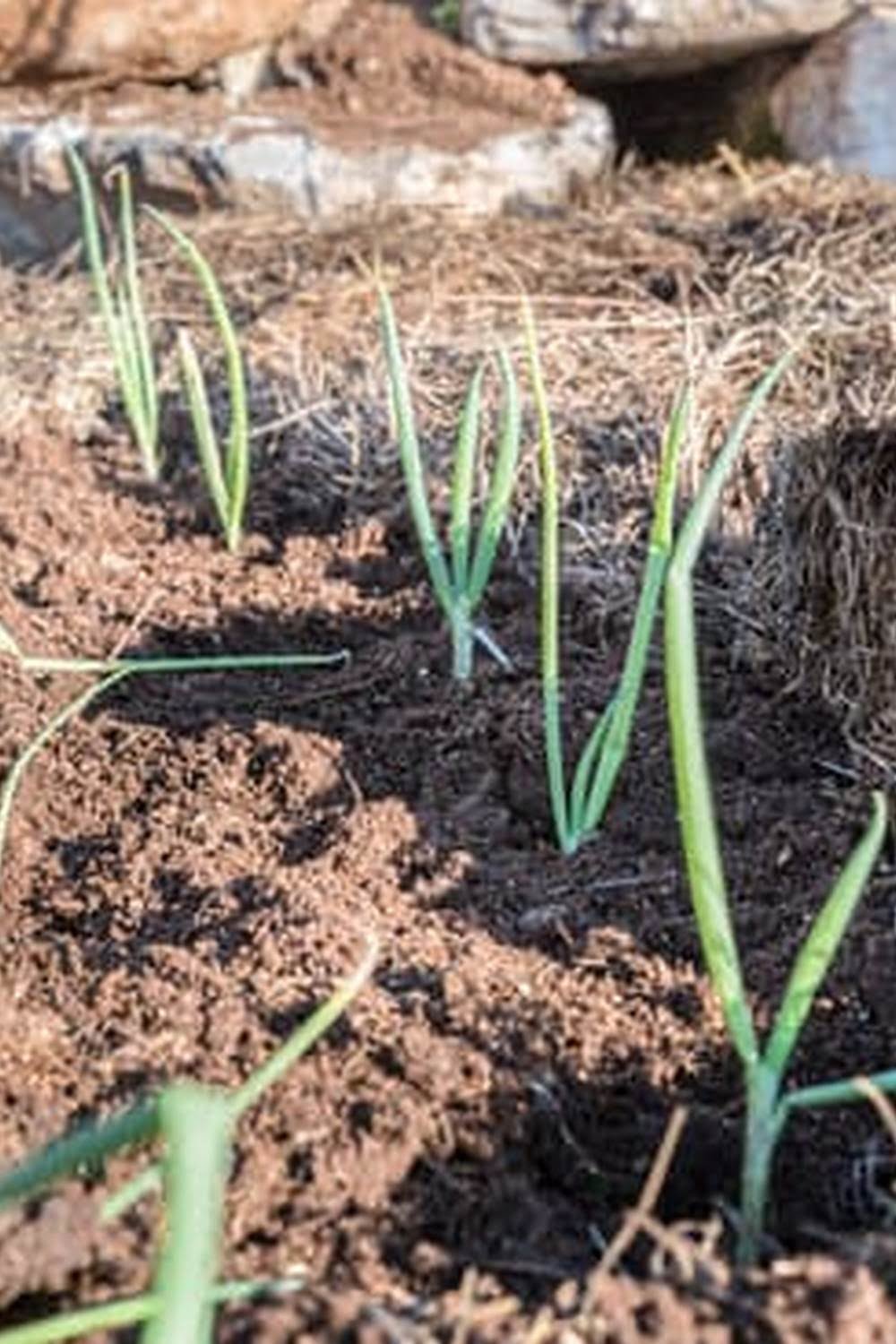Introduction
Varmints can cause significant damage to vegetable gardens, ranging from eating the vegetables themselves and destroying the roots of plants in order to feed. They may also introduce diseases and parasites to the garden, which can further weaken the health of the plants. Even worse, some varmints may bring fleas and other parasites to your garden that affect humans as well. It is therefore important to take steps to keep them at bay. Here are a few tips on how to effectively keep varmints out of your vegetable garden:
Homeowner Prevention Methods
1. Use fencing: As varmints tend to jump and climb, it is best to put fencing with a close weave all the way around the garden plot you want to protect. This can help keep out animals like rabbits, drats, voles and other rodents.
2. Strike out against crawling critters: If slugs, beetles or other crawling creatures are an issue in your garden, dissolve 2 tablespoons of yeast in two cups of warm water and spray on foliage weekly—both above and below the surface leaves of your plants.
3. Plant moth deterrents: Certain plants—like garlic or pyrethrum flowers—can help keep certain pest populations low due to their strong scent. Planting such aromatic plants throughout your vegetable plot will discourage many pesty insects from living there full-time.
4. Place barriers to discourage burrowing animals: To deter animals like moles, gophers and voles from making themselves at home in your veggie patch, place steel mesh barriers that extend up from the ground at least 3 feet deep into the earth around the perimeter of the garden area. The prickly nature of these materials make it difficult for burrowers to nest near the plants you’re growing.
5. Make noise: Many forms of wildlife don’t particularly like loud noises; so by setting up a motion detector alarm system that emits sound when triggered by movement, you could ward off animals from snooping in your vegetable plot during hours when you’re not around to keep watch over them yourself!
In-Ground Barriers
One of the best ways to keep varmints out of your vegetable garden is to erect barriers in-ground that can prevent them from entering. This could include anything from putting up a fence or barrier around the garden itself, burrowing down into the soil and filling it with organic matter, or using chicken wire or hardware cloth beneath the soil to create an impenetrable barrier. You can also raise beds using wood stakes and wooden boards so that larger rodents and wild animals cannot get in. Adding caps made of metal will also make sure they cannot climb over. If you have specific areas of higher risk for animals, trapping strategically placed with humane traps is a smart way to capture critters before they do any damage. Make sure any traps are checked often and replaced regularly.
Fencing Solutions
Varmints can be a nuisance to vegetable gardeners. They can ravage crops and devour vegetables, leaving them unharvestable. Fortunately, there are effective solutions available to deter these creatures from your garden. Fencing is one good option to keep varmints out of your garden. But you need to consider what type of fencing will be most effective for the situation at hand.
A common solution is to use an electric net or woven wire fence around the perimeter of the garden. Both types of fences should be tall enough that no varmint can jump over it, and have an under-wire installed so that rodents cannot tunel underneath it. Other options include heavy mesh fencing, thin-gauge welded wire fencing, or plastic mesh fencing with narrow mesh spacing; all designed specifically with repelling small animals in mind.
Another option is to install items such as motion activated sprinklers, ultrasonic sound repellers, strobe lights or propane cannons when dealing with larger varmints such as deer or rabbits. These deterrents are triggered by movement and detector nearby animals who may want to enter the garden grounds.
Ultimately, selecting the right type of fence for your vegetable garden will depend on various factors including the size of your entire yard and gardens area as well as which kind of predators you expect might be lurkingaround nearby looking for potential snacks in your vegetable harvests. Some type’s home improvement stores have experts who are knowledgeable in planning and erecting fences specifically designed for keeping away family pets and other pests from a backyard vegetable patch; their knowledge could help save you time and money in selecting just the right kind for your plot area so shop around if you’re unsure about constructing one yourself on your own!
Repellents
There are several ways to keep varmints out of the vegetable garden. One way is by using repellents to make the area uninviting for the animals. There are both chemical and natural repellents available.
Chemical repellents are usually purchased commercially at garden stores or online. These products contain active ingredients such as naphthalene, carbaryl, thiram and chlorophyllin-copper complex that when used according to label directions repels small mammals and birds. Be sure to read all instructions before application. It may also be necessary to reapply after a period of a few weeks or even months depending on the product you have purchased.
Natural repellents are an effective and safer option than commercial chemicals. Some common items can make an area uninviting including; soap flakes, dried blood, cayenne pepper, ammonia, human hair clippings, and garlic spray. These can be placed around the perimeter of your garden to deter wildlife from entering the space as well as spots throughout your garden as needed. Additionally certain plants can act as natural repellants such as marigolds which ward away many pests including rabbits and deer with their strong smell motivating them to stay away from the area all together.
Other Solutions
One option to consider for keeping varmints away from your vegetable garden is installing an electric fence. Electric fences can be set up and left on all season, which provides effective protection yet still allows you to access your vegetables. If you choose to install an electric fence, make sure that it is well marked with bright flags or ribbon so animals can easily see it before they come into contact with it and get shocked. Additionally, when utilizing an electric fence you should take measures to ensure no animals become trapped between the barrier and your garden wall if possible.
Other solutions for keeping varmints away include incorporating deterrent-style techniques such as covering vulnerable areas of the garden with chicken wire or other types of fencing. Placing containers of ammonia near your garden can also help scare away small animals. Additionally, using natural predators such as owls or snakes in your area can be a successful way to reduce the population of smaller pests without requiring any direct maintenance on your part. Finally, planting certain types of plants that are known to repel certain types of varmints such as garlic, lavender or lemon balm can also be beneficial in deterring some kinds of animals from accessing your garden beds.
Conclusion
By following the steps outlined in this article, we have learned how to keep varmints away from our vegetable garden. We started by creating a safe space for our plants, ensuring that it has a good fence and is far away from any places where wild animals might be prone to roam. We then applied repellents or built barriers such as smell barriers, motion-sensitive sprinklers, and hot pepper sprays to our garden to discourage intruders. Finally, we monitored the potential problem animals regularly and removed them if necessary. With these methods in place, we can prevent varmints from destroying or eating our fruits and vegetables.

If you’re looking to get into vegetable gardening, or are just looking for some tips on how to make your current garden better, then you’ve come to the right place! My name is Ethel and I have been gardening for years. In this blog, I’m going to share with you some of my best tips on how to create a successful vegetable garden.





